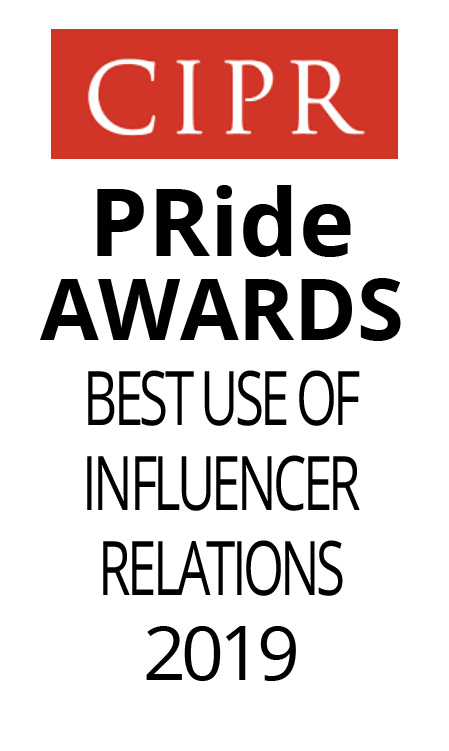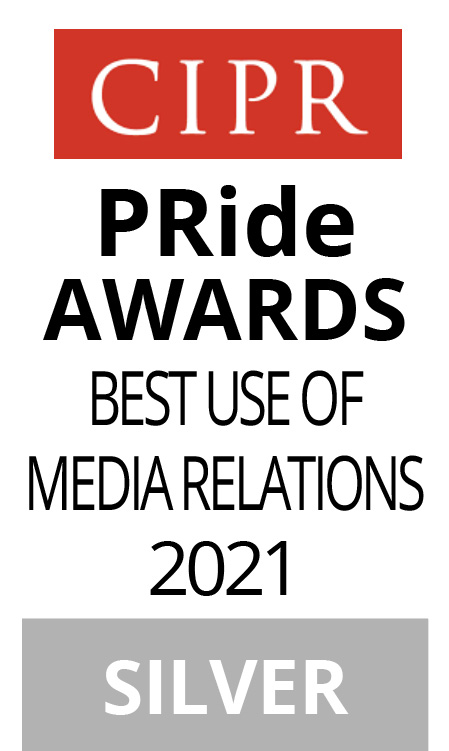Oxford University has named ‘post-truth’ as the 2016 international word of the year. Its definition means that objective facts are now less influential in shaping public opinion, whilst emotion and personal belief rule the way. Richard O’Donnell, co-founder of Generation, pointed out on his blog, ‘as Brexit and Trump demonstrated, we now live in a post-truth world. Nothing illustrates this better than fake news websites, which publish hoaxes and misinformation to drive web traffic, primarily via social media sharing.’
Google and Facebook, in particular have come under fire for helping the proliferation of fake sources and not having processes in place to verify legitimate news. As Business Insider reported, Google’s algorithm changed over a year ago to reward search results based on how likely people will click on them and the more clicks, the higher up content will appear in the listings – conditions favouring fake news reports with their click bait headlines.
Similarly, Facebook as the largest social media in the world, is also the largest network for sharing news both factually correct and untruthful. A new study from Columbia University and the French National Institute suggests that almost 6 in 10 social media shares come from users who just hit ‘share’ or ‘retweet’ whilst never actually reading the content, showing that discussion is led by the headline alone rather than the link’s content – a ripe breeding ground for fake news sites.
Who’s responsible for patrolling the web?
Both Google and Facebook have announced plans to clamp down on fake news sites, barring them from using their respective networks and cutting them off from a crucial line of revenue. Facebook has now launched a new function to identify and report fake news. It asks users to rank on a scale of one to five the extent to which they think a link’s title ‘uses misleading language’. Yet, as citizens of the digital world, we too, have responsibility for our actions on the web, it’s not just down to the behemoths of the internet.
Digital citizenship is a subject that is increasingly being taught in schools as it is important for iGeneration students, or those born in the digital age, to develop skills needed to navigate the rapidly changing world around them. They will need to be prepared for a more open society, created through information shared over the internet and be able to identify a trustworthy source over the proliferation of active misinformation. Perhaps, in the view of digital citizenship, we should all take a little more care on the links we share?
Can you take on fake news?
Like all crisis communications, being prepared for every eventuality is key to riding a viral fake news storm.
Crucially, we should all make use of online tools to report misleading information, for instance, Facebook’s new reporting function. And once a fake news story surfaces, crafting a quick and consolidated response will make sure the facts are known and will help to take control of the narrative.
It’s also important to make sure everyone’s singing from the same hymn sheet – once a response has been decided every team member should be able to communicate the true story. And paid media opportunities abound on social media and can help boost posts ensuring that more people see the right message rather than relying on organic measures.
Ultimately, you can draft in a team of communication experts – give us a call and we’ll fortify you against fake news claims.









